Your Cart is Empty

We are proud of our 100% Natural & Organic, fair-trade ingredients that are safe for you, your baby and our planet. We've made sure our products are suitable for little ones (or anyone!) with super-sensitive skin or allergies; making them gluten free, soy free, dairy free, nut free (except coconut), and of course, cruelty free! Our products are 100% biodegradable and our packaging is 100% recyclable!
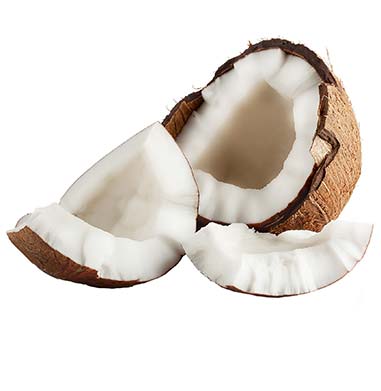
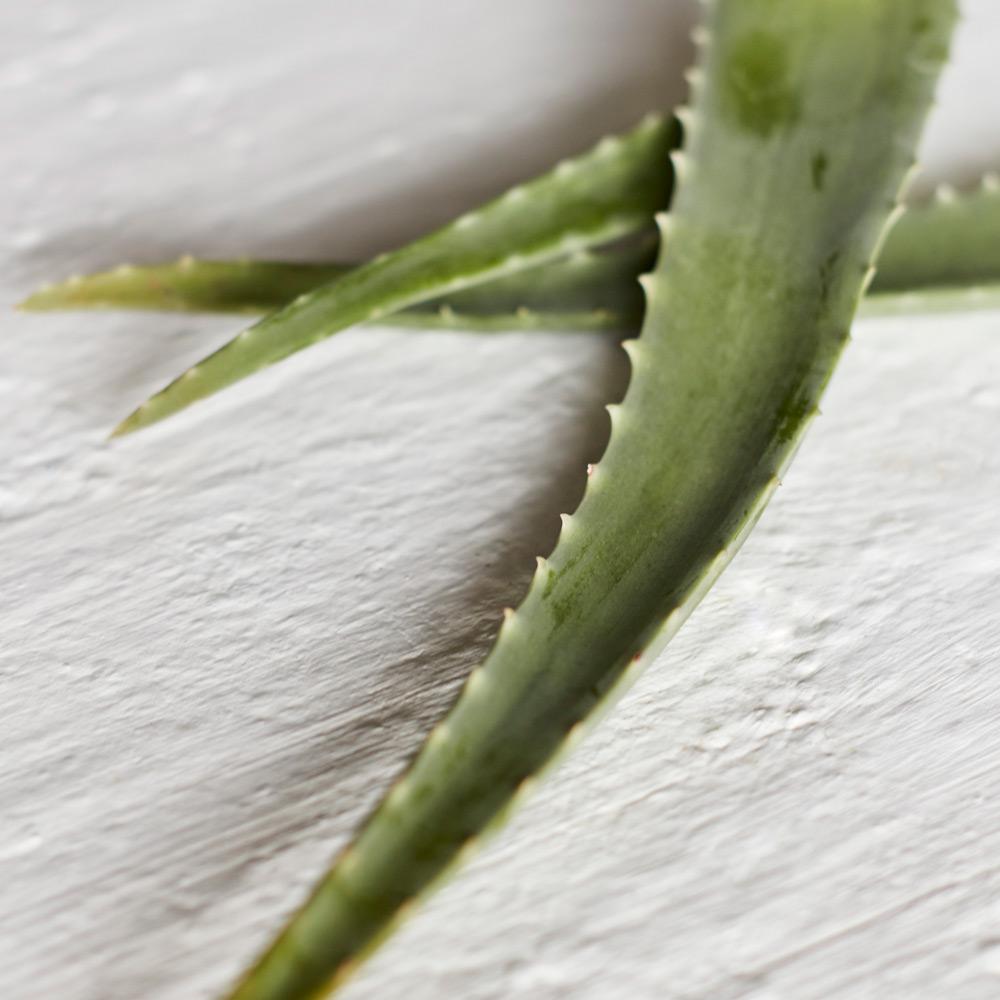

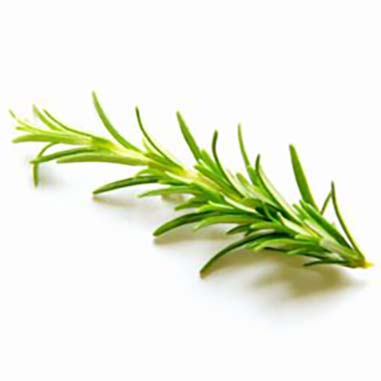
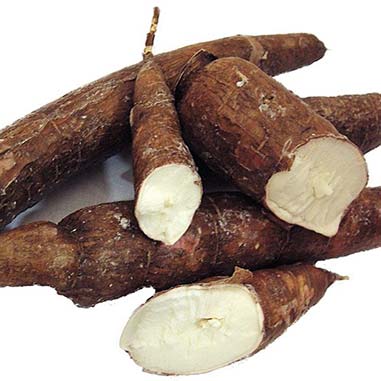

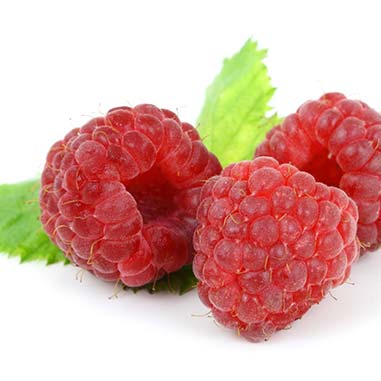


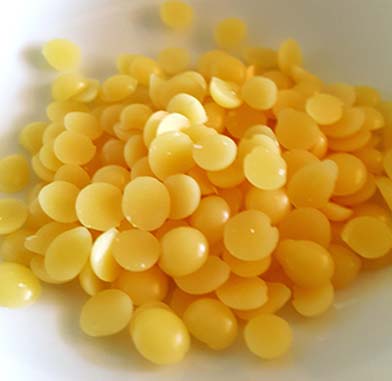



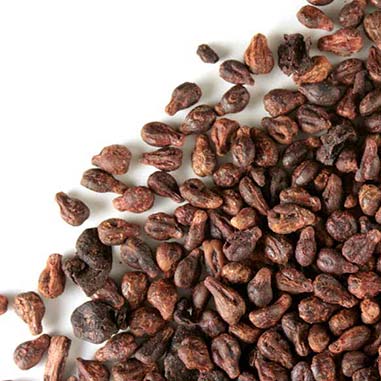
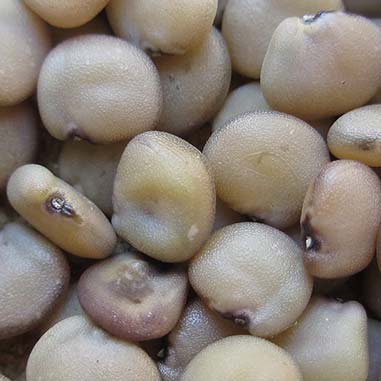
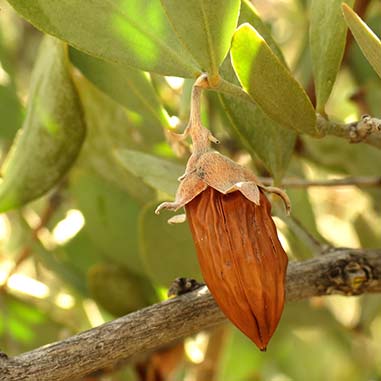
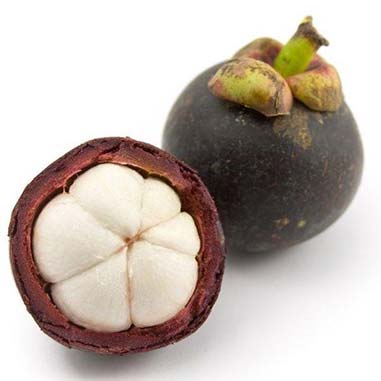

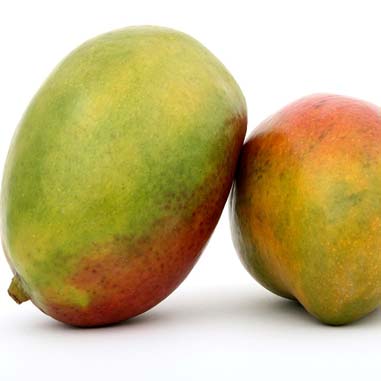
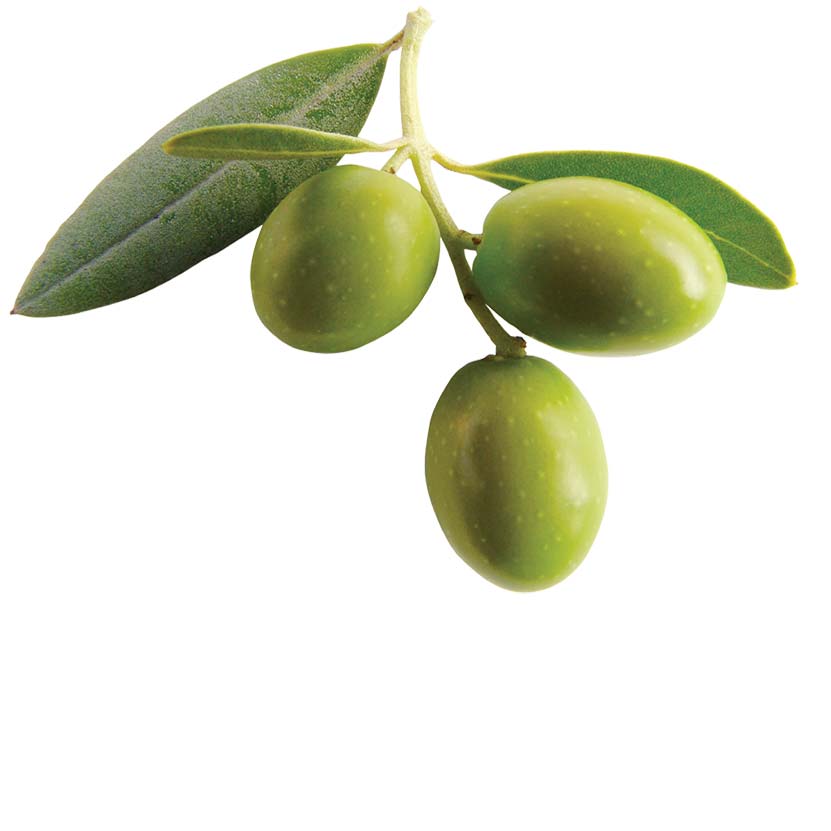
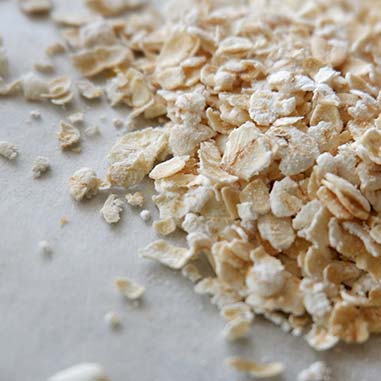
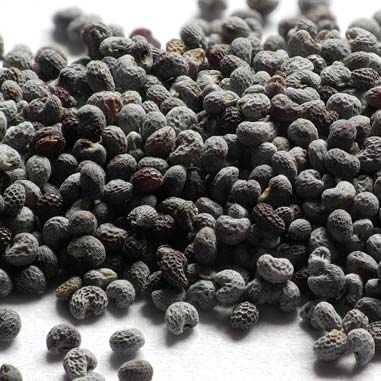
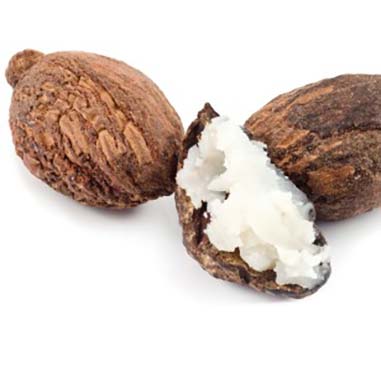
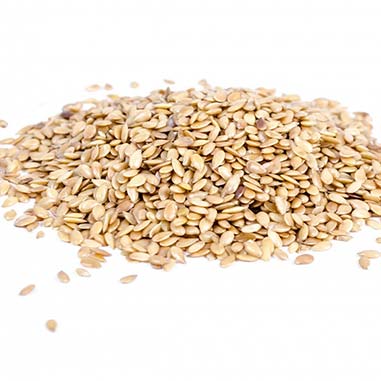
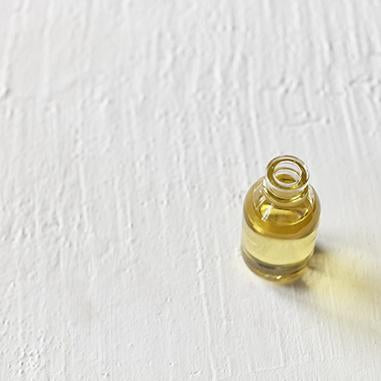
We leave out all toxic chemicals, synthetics and skin irritants plus all the standard "icky's" (parabens, sulfates, phthalates, GMO's & synthetic fragrances) and even created our own super-strict "No-List" to help you navigate shopping for truly clean skincare in an industry full of sneaky marketing tactics. This list is full of irritating and harmful chemicals that are commonly-found in other “natural" baby brands, but we didn't stop there. We also leave out the 1,400 ingredients prohibited in the European Union, which are not all currently restricted in the U.S.
Campaign for Safe Cosmetics
Center for Disease Control (CDC)
Agency for Toxic Substances and Disease Registry
Environmental Working Group (EWG)
Skin Deep Database
International Agency for Research on Cancer (IARC)
National Institutes of Health (NIH)
U.S. Environmental Protection Agency
National Toxicology Program
California's Proposition 65 List of Chemicals
About: Derived from petroleum to create a lathering effect, giving you a stronger impression of cleaning power..
Found In: Soap, shampoo, body wash and bubble bath.
Concerns: Severe eye and skin irritation, as well as contamination with the carcinogen, 1-4 dioxane.
About: Synthetic compounds used to stop the growth of bacteria in products, acting as a preservative.
Found In: Hair products.
Concerns: Carcinogenic allergen linked to endocrine disruption, development and reproductive toxicity.
About: A group of chemicals used as a solvent to make fragrance stick to skin and keep materials pliable.
Found In: Synthetic fragrances, fragranced lotions, body washes and hair care products.
Concerns: Linked to birth defects, endocrine and hormone disruption, damage to the reproductive system.
About: Contains dozens (or even hundreds) of synthetic chemicals. Companies are not required to disclose the ingredients behind the “fragrance”, a loophole in the industry.
Found In: Skincare and personal care products.
Concerns: Severe skin and respiratory irritation, possible endocrine disruption, organ toxicity and potential carcinogen.
About: Ethanolamines include compounds listed as Diethanolamine (DEA), Cocamide DEA, Cocamide MEA, Triethanolamine (TEA), Monoethanlamine (MEA), Ethanolamine (ETA).
Use: Surfactant, pH adjuster
Concerns: Allergies, skin toxicity, endocrine disruption, may form carcinogenic nitrosamines, inhibits fetal brain development
Found In: Shampoos and scalp treatments, soaps, hair dyes and lotions
About: Sodium benzoate is a sodium salt that is present at extremely low levels in berries, apples, plums, cinnamon, and several other natural foods. When lab-synthesized sodium benzoate (and its close relative, benzoic acid) are added to foods and skincare they’re added in higher levels and have been shown to cause allergic reactions, damage to DNA cells and possibly linked to ADHD (attention-deficit/hyperactivity disorder). When mixed with citric acid or vitamin c (both common additives in both food and skincare products) sodium benzoate has been linked to causing leukemia and other blood cancers.
Use: As a preservative.
Potential concern: Linked to allergic reactions, ADHD (attention-deficit/hyperactivity disorder), damage to DNA cells, leukemia and other blood cancers.
Found in: Skincare and food & drinks
About: A stabilizer used to prevent ingredients in a given product from binding with other trace elements and keeps other ingredients from causing unwanted changes to a product’s texture, odor, and consistency.
Use: Binding agent, penetration enhancer.
Concerns: Enhance dermal penetration of other ingredients, potentially mutagenic.
About: A synthetic amphoteric surfactant from the hydroxysultaine group and a close chemical cousin to Cocamidopropyl Betaine.
Found In: Shampoos, detergents, personal care products.
Use: Foam booster, surfactant, emulsifying agent.
Potential Concerns: Severe skin irritant and allergen, links to contact dermatitis.
About: A chemical derivative of coconut oil and dimethylaminopropylamine which was voted “Allergen of the Year” in 2004 by the American Contact Dermatitis Society.
Found In: Shampoos, detergents, personal care products.
Use: Foam booster, surfactant, emulsifying agent.
Potential Concerns: Severe skin irritant and allergen, links to contact dermatitis.
About: A preservative used in cosmetics and personal care products, as well as stabilizer in soaps.
Found In: Baby shampoos, lotions, skincare products.
Uses: Preservative, stabilizer.
Potential Concerns: Strong skin irritation and sensitizer, eczema, allergen.
About: Propylene glycol is a small organic alcohol commonly used as a skin conditioning agent. It has been associated with irritant and allergic contact dermatitis as well as contact urticaria in humans; these sensitization effects can be manifested at propylene glycol concentrations as low as 2%.
Use: Skin-conditioning agent.
Potential concern: Irritation to the skin, eyes, or lungs, Organ system toxicity (non-reproductive), and enhanced skin absorption, which aids harmful chemicals to enter into your skin faster. PG is derived from petroleum. PG tends to sit on the surface of your skin even after you rinse it, dissolving the fats and oils your skin needs to stay nourished.
Found in: Skincare products.
About: The result of a laboratory process where genes from the DNA of one species are extracted and artificially forced into the genes of an unrelated plant or animal. The foreign genes may come from bacteria, viruses, insects, animals, or even humans.
Use: Skin-conditioning Agent.
Concerns: Research has shown a dramatically higher risk of health problems from eating GMOs and research shown that toxic DNA from these plants may survive digestion. It's even been found in the blood of pregnant women and their fetuses. GMO crops pose a great risk of largely unexplored threats to human health and the environment. Although you do not eat products made by Active Essentials, we are very concerned with the environmental impact of GMO’s. Farmers and environmentalists are worried that crops that are genetically engineered to be resistant to herbicides, such soybeans, will result in heavier herbicide use, further polluting the groundwater, lakes, and rivers. GMOs may also be toxic to organisms like bees and butterflies. Bees are extremely important in the pollination of many food crops but have become endangered due to modern agricultural techniques, such as GM crops. Even biodiversity can be affected--the planting of GMOs means fewer weeds and wildflowers. Toxins released into the soil through the GMO plants will lead to fewer soil bacteria needed to maintain healthy soil and the list goes on. “If the bee disappears from the surface of the earth, man would have no more than four years to live.” – Albert Einstein
Shop Our Safe Baby Skincare Collection
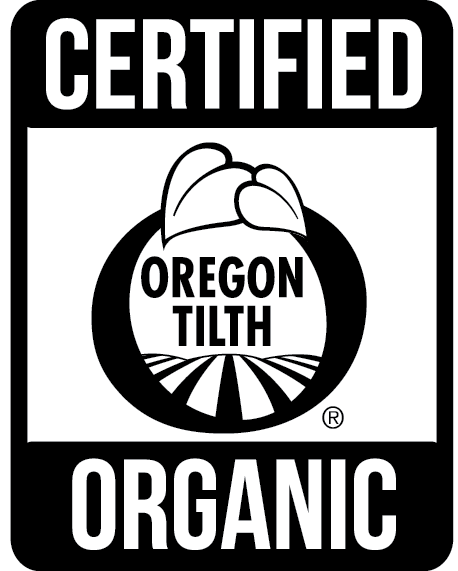
Certified Organic by Oregon Tilth.

Every single ingredient in our products has a top rating on the EWG Skin Deep Database.

Rich in vitamins A and E, which are anti-oxidants. Perfect for encouraging healthy eczema free skin by preventing and reversing environmental damage.
Hydrating
Anti-inflammatory
Protecting

Has the highest vitamin C content of any fruit in the world (55x vitamin C than a Florida Orange) + Rich in antioxidants
Hydrating
Anti-inflammatory
Protecting

Rich in biabolol, a good source of panthenol (vitamin B) and serves as a natural humectant.
Hydrating
Anti-inflammatory

Stimulates blood flow and eliminates flaking and dryness
Anti-bacterial
Anti-oxidant
Protecting

Citric Acid provides light exfoliation, and enhances moisture in the skin while balancing the pH in our products.
Hydrating
Anti-inflammatory
Protecting

Used to absorb moisture, and thus thicken substances.

Rich in Vitamin C, E, B1, B3, B5, B6, iron, selenium, sodium, calcium, magnesium, and phosphorus, and lauric acid
Hydrating
Anti-inflammatory
Protecting

Absorbs UVB, UVC, and offers some UVA protection. High content of alpha linolenic acid, means antioxidant properties. These properties combined make raspberry oil an optimal ingredient for protecting skin afflicted by eczema.
Hydrating
Anti-inflammatory
Protecting

High amounts of flavonoids, plant based antioxidants
Anti-bacterial
Anti-oxidant
Protecting

Prevents infections, is anti-inflammatory and an antioxidant, as a result, this is a great moisturizer for open skin as a result of itching or dryness from eczema.
Hydrating
Anti-inflammatory
Protecting

Fantastic antioxidant with substantial antifungal properties, making this great for encouraging healthy collagen production.
Hydrating
Anti-inflammatory
Protecting

Thickener + Emulsifier
Hydrating
Protecting

Fantastic irritation and itch relief. Rich in Vitamin E, Omega-3, -6, and -9, and anti-oxidants.
Hydrating
Anti-inflammatory
Protecting

Rich in Vitamin E, Omega-3, and -6, and linoleic acid
Hydrating
Anti-inflammatory
Protecting

Used in a variety of products like lotions, soaps, and shaving agents due to its versatility and thickening properties.
Hydrating
Protecting

Mimics the structure of the oil naturally produced by our skin while having anti-inflammatory, anti-bacterial, antioxidant, non comedogenic, hypoallergenic, and antimicrobial properties.
Hydrating
Anti-inflammatory
Protecting

Non-greasy, quick absorbing, emollient oil.
Hydrating
Anti-inflammatory
Protecting

Anti-bacterial, anti-inflammatory and antifungal insect repellent
Anti-bacterial
Anti-inflammatory

Rich in oleic acid, omega-9 acid, stearic acid, a saturated fatty acid, vitamin C, and Vitamin A. Moisturizes and protects skin while thickening production of collagen, encouraging healthy skin.
Hydrating
Anti-inflammatory
Protecting

Rich in fatty acids like oleic acid, vitamins E, and K
Hydrating
Anti-inflammatory
Protecting

Fantastic for sensitive, dry, and eczema prone skin.
Hydrating
Protecting

In addition to the moisturizing, protective, and tone evening properties, poppy seed oil is rich in Linoleic Acid, which decreases clogged pores and acne.
Hydrating
Anti-inflammatory
Protecting

Has occlusive, anti-inflammatory, anti-oxidant properties. Absorbs UVB, UVC, and offers some UVA protection. High content of alpha linolenic acid.
Hydrating
Anti-inflammatory
Protecting

Has the highest vitamin C content of any fruit in the world (55x vitamin C than a Florida Orange) + Rich in antioxidants
Hydrating
Anti-inflammatory
Protecting

Stimulates blood flow and eliminates flaking and dryness
Hydrating
Anti-inflammatory
Protecting

Rich in Vitamin E, D, and B.
Hydrating
Anti-inflammatory
Protecting

High levels of oleic, linoleic, and stearic acids. Has anti-inflammatory and anti-oxidative properties
Hydrating
Anti-inflammatory
Protecting

Has anti-inflammatory, anti-oxidative, and generally soothing properties with gentleness suitable for those with sensitive skin and baby skincare.
Hydrating
Anti-inflammatory
Protecting